The critically acclaimed Darkest Hour brings the number of films about Winston Churchill released in the last decade to six, and that’s not counting the top-rating TV and cable dramas in which the quotable curmudgeon has made a more than cameo appearance. Hollywood’s tendency to cater to a populist agenda (as witnessed by its hypocritical, arse-covering desperation to climb aboard the #metoo bandwagon) have made sure that half a century after his death, Churchill’s public stock remains astonishingly high. Astonishingly high, that is, for a politician who changed parties almost as often as he changed socks, a prime minister whose handling of domestic matters regularly alienated huge swathes of the nation, and a military tactician who was personally responsible for some very costly gaffes, not least the decision to send more than a million young British, Australian and Kiwi men to an ignominious death on half a mile of strategically worthless Turkish foreshore. But cometh the hour cometh the man, and as this latest Winston homage reminds us, just when his career seemed over, along cameth a non-smoking, teetotal, Austrian house-painter with delusions of grandeur. And the rest, as far as his cigar-chomping, brandy-breathed nemesis is concerned, is history – revisionist or otherwise. You stuff up economies, you collude with communists, you repress miners. But you thwart the global ambitions of one mad fascist…
Thanks to the increasingly centrist policies of mainstream political parties in recent years there have been few single-issue Western leaders, and even fewer single-issue parties, the most conspicuous bucker of that trend being Britain’s Ukip. But if the measure of a party’s success is how well it keeps its manifesto promises, Ukip’s record would be hard to beat. Having purged itself of embarrassing racist element in its infancy, it spent the next twenty years more or less fixated on its eponymous mission statement, the facilitation of Britain’s departure from the EU. And having achieved that goal (or at least having brought about a referendum which made it very clear how most poms feel about being subject to an unelected Belgian-based bureaucracy) Ukip now finds itself bereft of a credible electoral platform and struggling for internal consensus on even the question of its leadership.
If members of Australia’s only nominally single-issue party of consequence, the Greens, don’t like to see themselves referenced in the same sentence as Ukip, they’ll be even less happy to be reminded that, despite being two years older than Ukip, they have never come close to matching its success at the ballot box. This is partly due to the fact that, while creating virtue-signalling opportunities for thousands of inner-city, liberal-arts-educated Australians, the single issue which brought the Greens into existence has had rather less traction with the rest of the population. That is, with the millions more concerned with the reality of rising unemployment and living costs today than they are about the possibility of rising sea levels a hundred years’ from now. This, together with the all too frequent discovery of flaw or fraud in the methodology which informed founding Greens policies – not to mention the refusal of Mother Nature to comply with the catastrophic predictions derived from that methodology – have forced successive Greens’ leaders to abandon its single-issue platform and broaden its ideological bandwidth to the point where it overlaps with and is often indistinguishable from the loony left fringe of the ALP. The reductio absurdum of this was Richard di Natale’s announcement last week that not only has he instructed Greens councillors across the country to support tiresome wack-a-mole calls for Australia Day to be moved to a different date, but that as far as he is concerned persuading the Government to bring this about is ‘the top issue’ of 2018. Just think about that for a moment. To maintain any relevance to the lives of a disillusioned and, frankly, bored electorate, the leader of the party whose raison d’etre was once the saving of the planet has now given top priority to the scheduling of a public holiday. As Churchill might have put it, never in the field of political conflict has so much nonsense been served up to so many by so few.
Got something to add? Join the discussion and comment below.
Get 10 issues for just $10
Subscribe to The Spectator Australia today for the next 10 magazine issues, plus full online access, for just $10.
You might disagree with half of it, but you’ll enjoy reading all of it. Try your first month for free, then just $2 a week for the remainder of your first year.


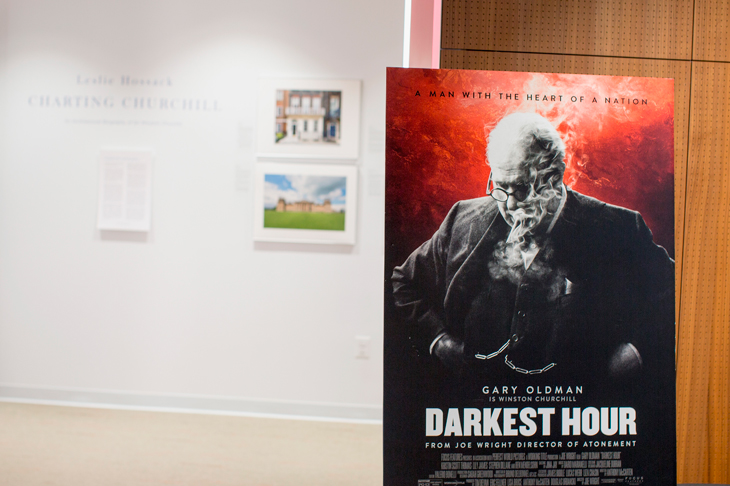
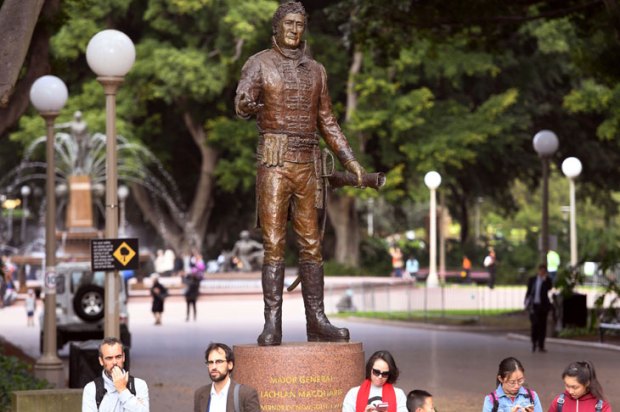
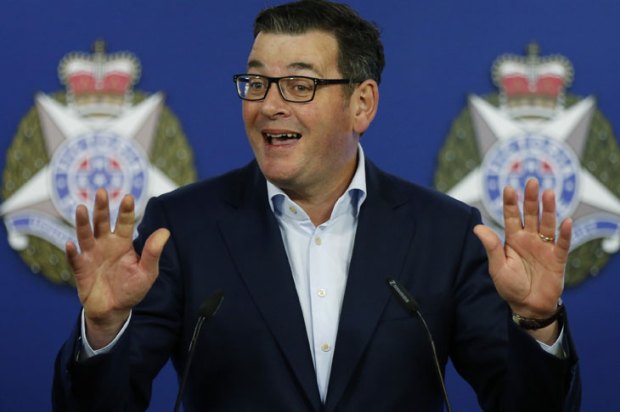
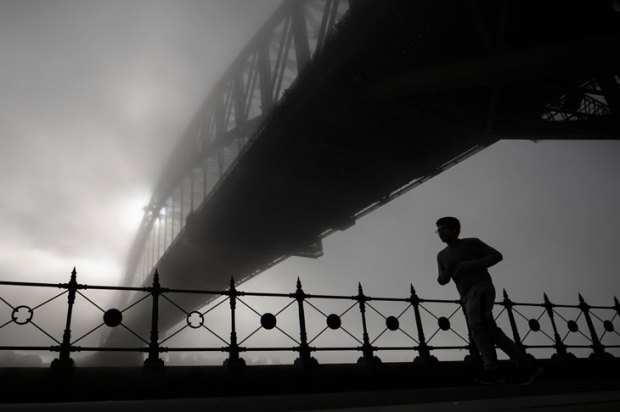
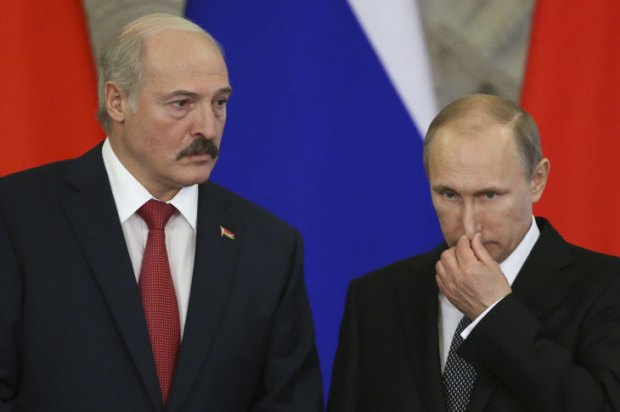

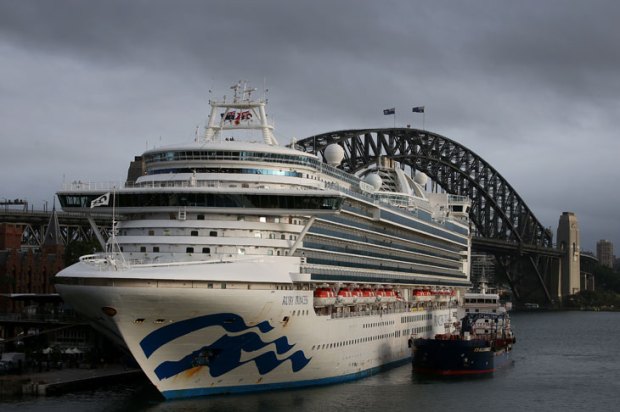






Comments
Don't miss out
Join the conversation with other Spectator Australia readers. Subscribe to leave a comment.
SUBSCRIBEAlready a subscriber? Log in